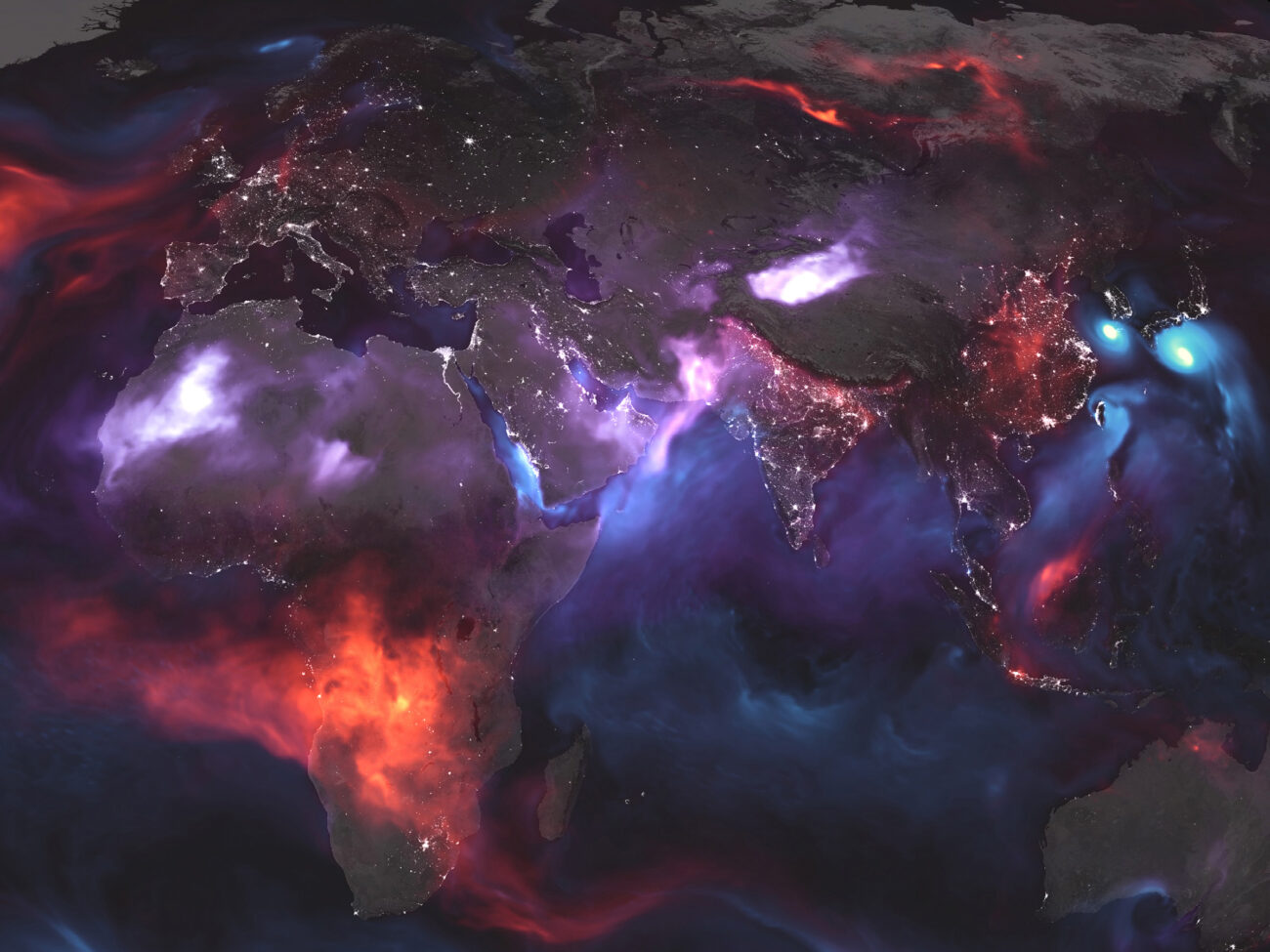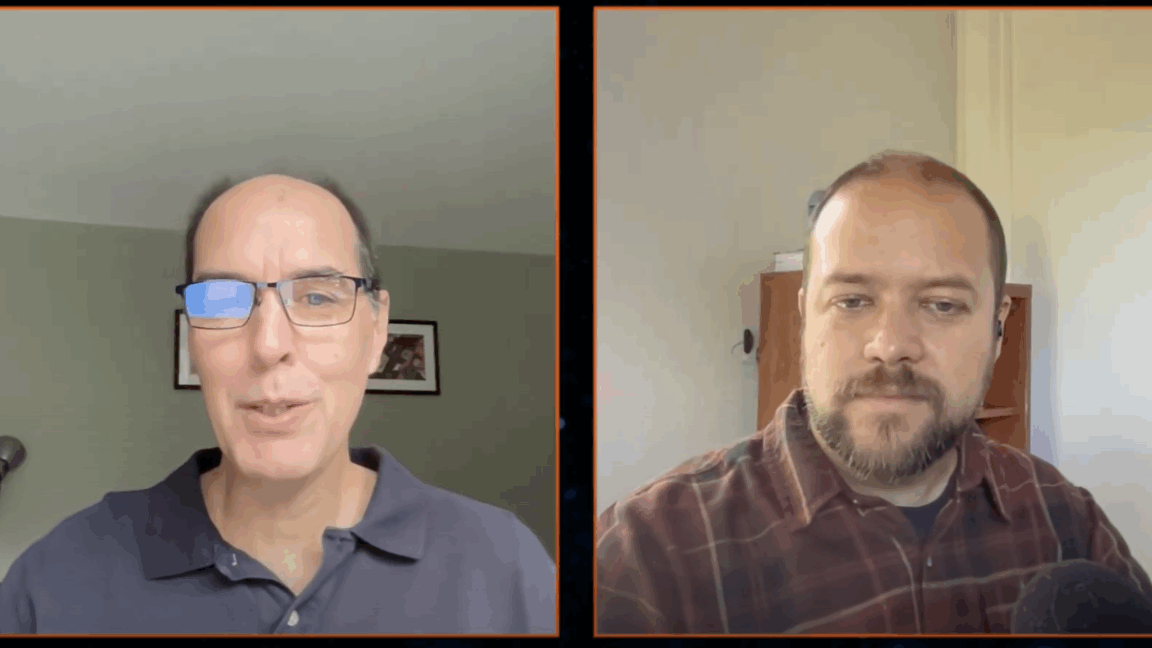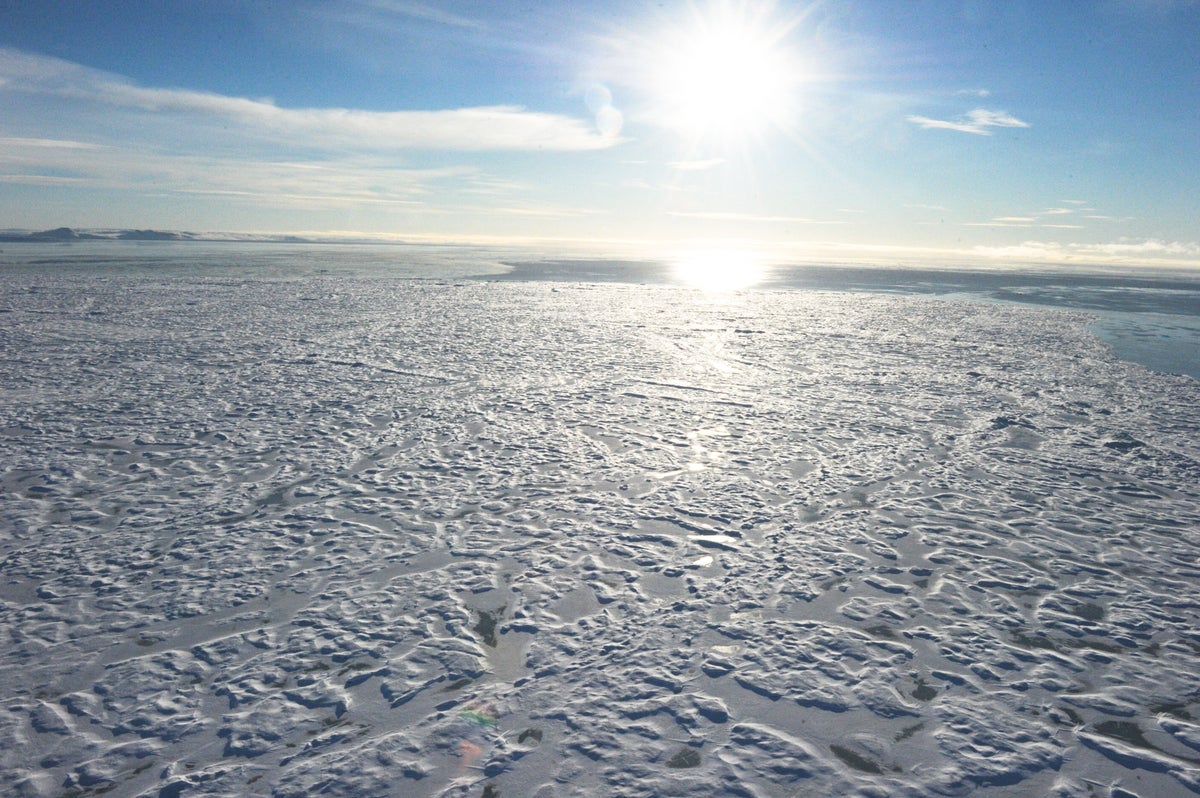fromThe Atlantic
2 weeks agoToday's Atlantic Trivia: In What Book Does Eponine Die?
Competitors must attempt to answer 240 questions, such as the following, from 2022: "Playing for Bangalore against Pune in the IPL in April 2013, who set a new record for the fastest century in professional cricket by reaching 100 off 30 balls?" If it makes you feel better, the median number of correct answers the year of that test was 64.
Books





